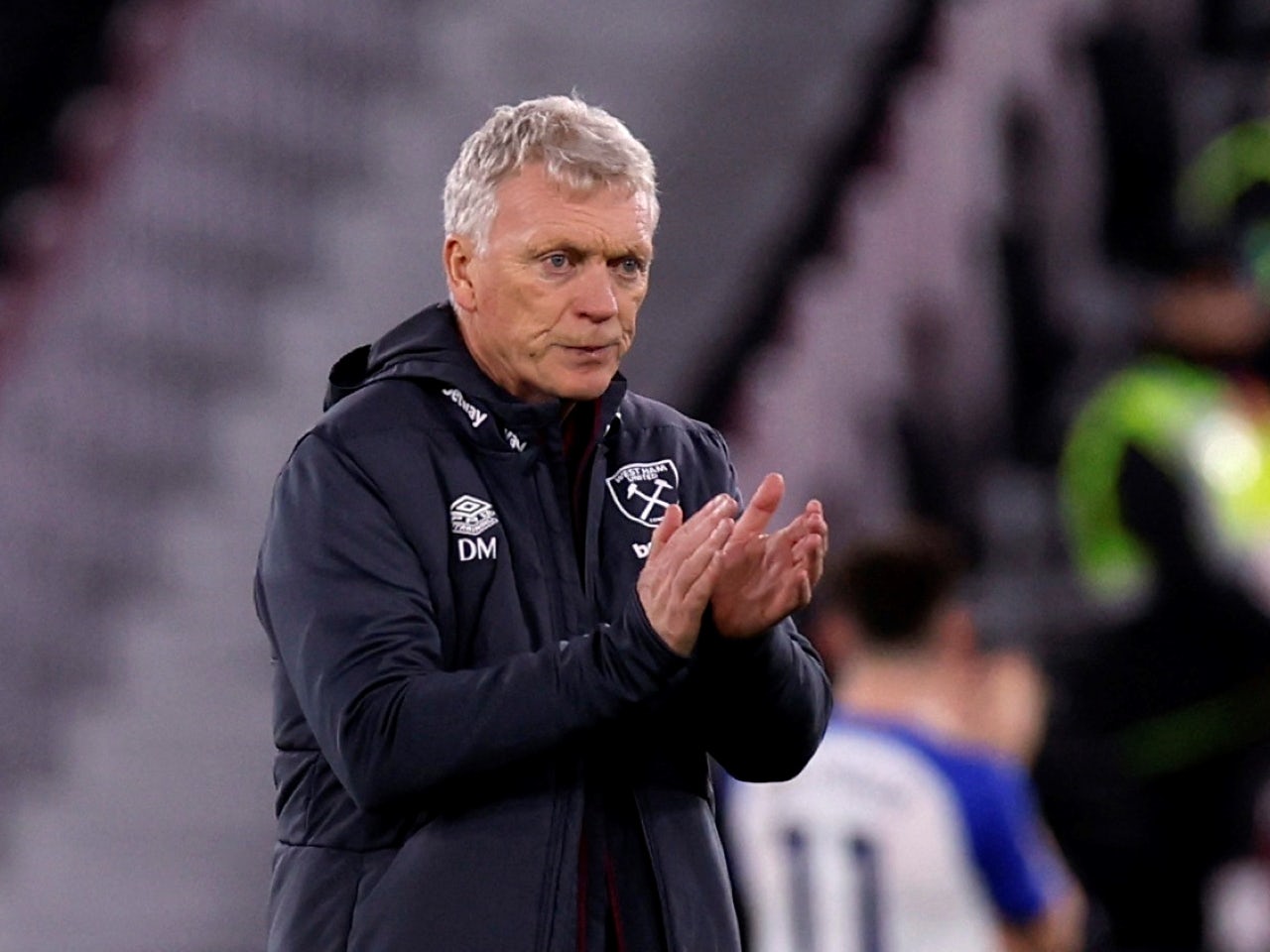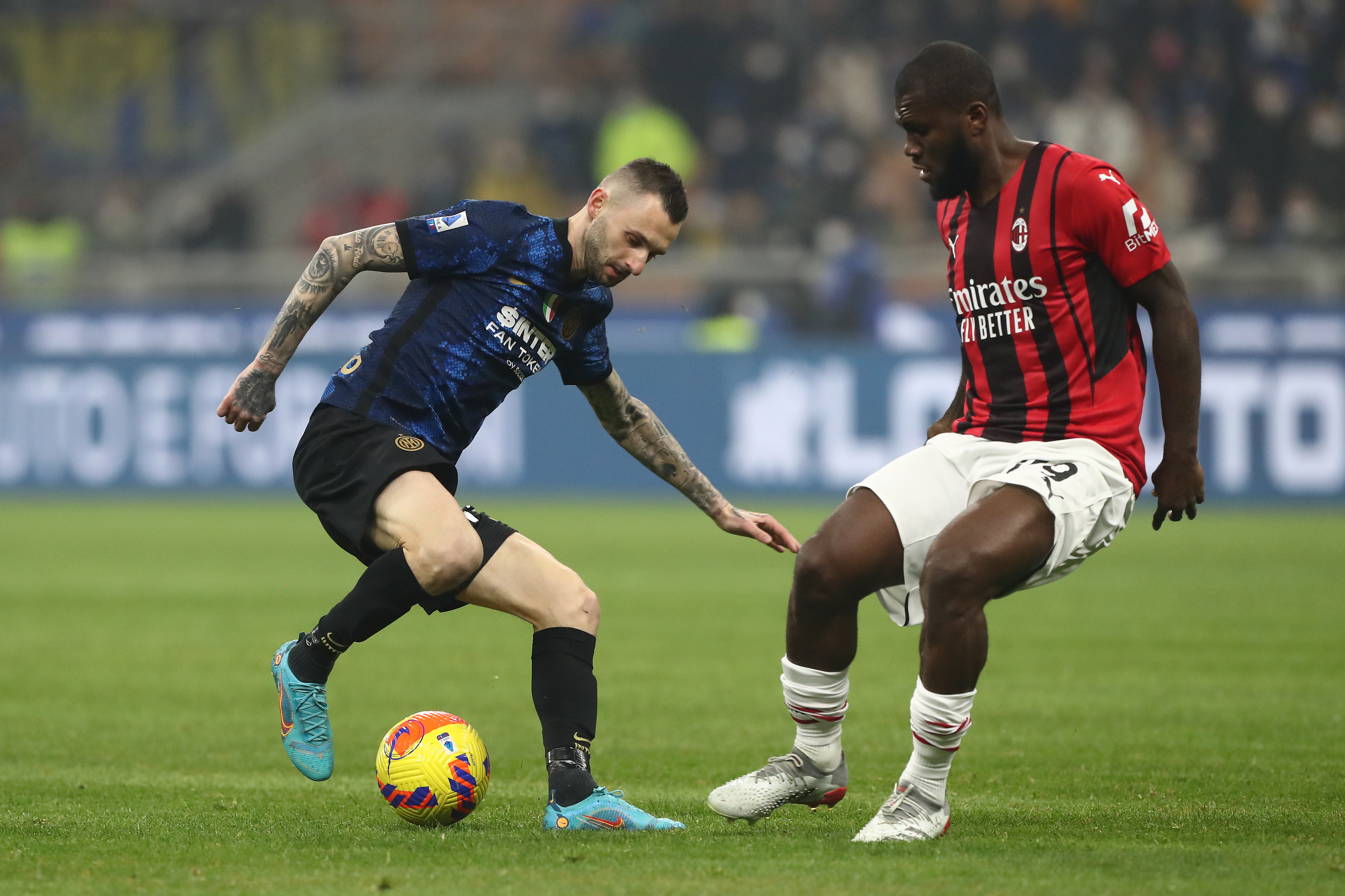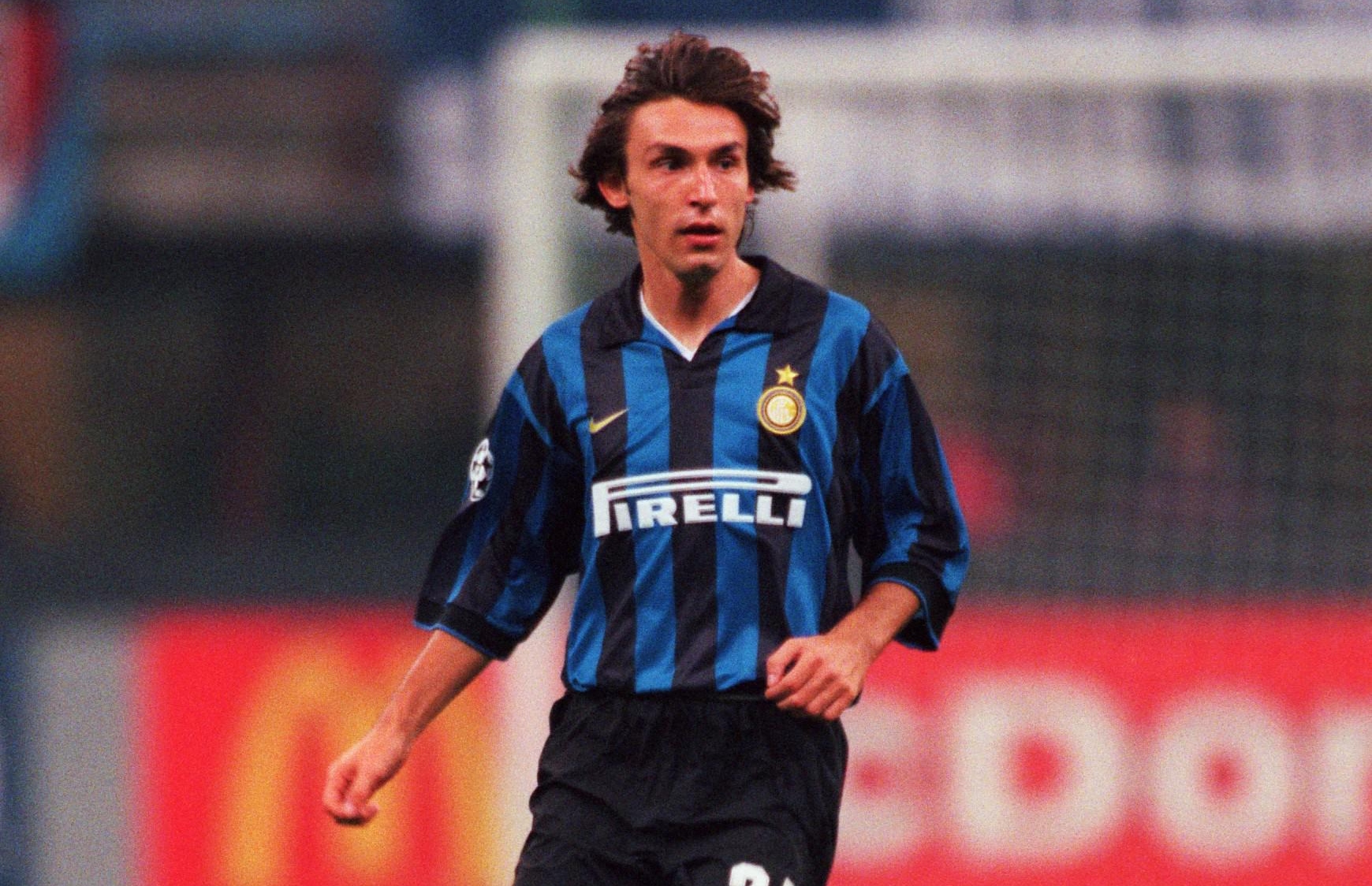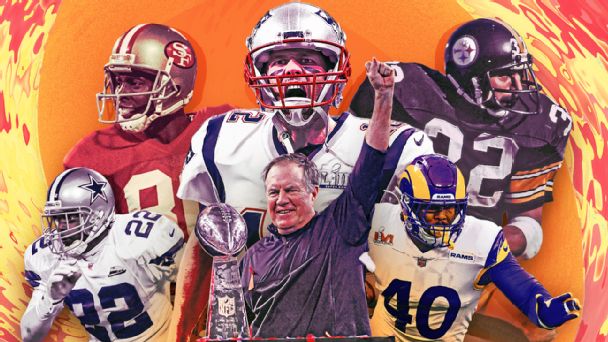Wants to be an example of a mother making a top career.
Since the beginning of 2022, the German Football League (DFL, combines the first and second Bundesliga, for brevity we will use the name of the championship) has a new president – the first woman in this position, Donata Hopfen, who replaced Christian Seifert. Seifert is the league’s boom, but 45-year-old Hopfen is unfazed by her predecessor’s success.
“We want to be the world’s most digital football league while maintaining our traditions and values ”, she outlined her ambitions in her first video message to the football community on 14 January. She has already adopted the motto “Forget about the phrase “it doesn’t work” – these words are attributed to her by the media at non-public meetings where she met new subordinates.
It’s time for us to get to know each other.
Hopfen has been driving innovation for Germany’s largest newspaper for 15 years. Introduced a paywall when others were afraid, and bought the rights to broadcast the Bundesliga
Most of the professional career of the new head of the Bundesliga is associated with Germany’s most widely circulated newspaper Bild. She came there back in the late 1990s as an intern after studying for a manager in South Germany’s Reutlingen and Madrid. But after the practice, Hopfen first went to the consulting agency Accenture. There she got her first experience with digital projects before it was mainstream.
In 2003, Hopfen returned to Bild and began to climb the corporate ladder in innovation. First, she rose to the position of head of the business development department in the electronic media division, and then to the director of Bild Digital – that is, she was entrusted with the management and development of all online services of the publication.
Exactly Under Hopfen, Bild was one of the first in Germany to venture into the paywall by launching the BildPlus subscription. In 2013, the success of this adventure was not obvious. “The newspaper Bild is often bought spontaneously at a kiosk for a couple of cents after seeing a catchy headline. With the introduction of an online subscription, these advantages disappear,” said then media expert Oliver Numrich.
“I willingly take risks, but before that I always calculate everything. It is important to understand what the worst-case scenario could be,” Hopfen explained.
And she was not mistaken: today Bild is in the top 10 media in the world in terms of the number of regular subscribers to paid content over half a million people. Only American and British editions are higher, only Japanese Nikkei is ahead of non-English editions.
In the same 2013, the electronic version of the newspaper was also launched. It could be issued for an additional fee in addition to the online subscription or separately. From the initial 24 thousand subscribers, the audience of this version has grown to today’s  112 thousand.
112 thousand.
Hopfen’s projects allow Bild to offset the inevitable decline in print circulation that has been going on since the mid-1990s. Four million copies in 2003 melted to 2.5 million by 2013 and 1.4 million by the end of 2021. This trend is observed in all newspapers and magazines in Germany due to changing media consumption habits – but even with the current figures, Bild remains out of competition.
recognized Donata Hopfen as Media Woman of the Year. And she was also appointed chairman of the board of the entire publishing house, that is, she was now responsible for both the print and online versions of Bild. Here, the media manager took care, first of all, that one editorial office was responsible for both versions, and not two separate ones, as is often the case in the German media (for example, the printed weekly Der Spiegel is made by the editorial office in Hamburg, and the website is made by other employees in Berlin).

Hopfen’s path crossed for the first time with the Bundesliga just at the launch of Bild’s online services. To make the subscription more attractive, she agreed to buy the rights to the highlights of the German championship matches. Largely due to this (along with other video formats), the Bild brand, closely associated with the traditional print newspaper, began to develop into a modern multimedia media. “With football rights, we have taken a quantum leap in the production of video content. Football and video are integral elements of the overall Bild concept. And for a BildPlus subscription, this is a great additional option for readers,” Hopfen noted.
Before leaving the publishing house, she still managed to launch the print magazine Fussball Bild in early 2017. But without Hopfen, two years later, the magazine was closed due to unsatisfactory financial performance.
Hopfen is called tough. She replies that this is what they say about all female bosses, and wants to be an example of a mother making a top career

In 2017, Donata Hopfen left Bild, seduced by the post of CEO in the elite startup Verimi, launched by the largest German companies (Deutsche Bank, Allianz, Daimler, Telekom and others). German business has allocated tens of millions of euros to create a service with a single login for access to government and commercial sites. The company was supposed to be a European answer to American IT giants like Google, Facebook, Amazon and Apple.
But a month after the launch of the service, Hopfen unexpectedly left Verimi. Officially – “because of different views on the strategic management of the company.” Unofficially – Hopfen wanted to make key decisions alone, but she was refused.
Hopfen calls Australian and American media mogul Rupert Murdoch her role model. In the media environment, the new chapter of the Bundesliga is most often described with the word tough (yes, exactly in English) – “tough”. She herself is not very fond of this definition: “Women in leadership positions are always described with the word “tough” and most often lay a critical meaning. But this is not so much due to the nature of these women, but to the managerial culture in Germany. In relation to men, such adjectives often have a positive connotation. ”
Hopfen is raising five-year-old twins born in early 2016. For the sake of a post in the Bundesliga, she moves with her husband and children from Berlin to Frankfurt am Main. Successfully juxtaposing motherhood and a top career is a milestone for Hopfen.
“Reactions to my pregnancy have shown me that having children is still not considered normal for women in leadership positions. And, above all, there are not enough such examples. After this caught my eye, I decided that I would try to become such a role model. It’s important that society recognizes that it’s a normal part of life to have a baby and soon get back to work,” Hopfen said. After being appointed the boss of the Bundesliga, the media power of her example will surely become many times greater.
Hopfen’s choice is logical: she knows digital media and is not afraid to change even a successful project . And the general director of Borussia will tell you about football

Donata Hopfen’s last job before football was at Boston Consulting Group’s subsidiary, BCG Digital Ventures. She was a partner in the Berlin office of this firm, which specializes in the implementation of digital business models around the world.
Knowing the world of copper and from the inside, specialization in digitalization is the perfect mix, they decided in the Bundesliga. Hopfen’s appointment in many respects continues the line chosen at the invitation of her predecessor, Christian Seifert. In 2005, he came from the media company KarstadtQuelle New Media, and he also had no football background (only playing football during his school days and the experience of buying rights to broadcast the 2006 World Cup). Then this decision was not understood by everyone, but now no one disputes its success.  Under Seifert, the league’s revenue from TV rights nearly quintupled, to almost 1.5 billion euros. In addition, the Bundesliga has overcome the coronavirus shock better than most competitors.
Under Seifert, the league’s revenue from TV rights nearly quintupled, to almost 1.5 billion euros. In addition, the Bundesliga has overcome the coronavirus shock better than most competitors.
“The DFL made the right decision and this time to choose a person who has nothing to do with any club in the first or second Bundesliga . The focus on digitalization and media shows that the League is well prepared for the challenges ahead,” commented DFL Honorary Member Wolfgang Holzhäuser, who was involved in the selection of Seifert 17 years ago, commented on Hopfen’s appointment.
“The skepticism is completely unfounded. Give this woman a chance, like I once did. She is a very good choice. She is well connected and understands digital and strategic issues. She is a very experienced manager,” said Seifert himself.
Donata Hopfen will work in conjunction with the new head of the League’s supervisory board, Hans-Joachim Watzke. The CEO of Borussia Dortmund was chosen for this post at the end of 2021. “We have already met with her, we had a very positive conversation. I have great confidence in her and will support her. I will not interfere in operational processes, but I will participate in determining the strategy of the league,” said Watzke.

It seems that managing an already very successful Bundesliga in many respects – not such a difficult thing. But the Hopfen-Watzke couple faces a lot of developmental and (sometimes crisis) management challenges. was to focus only on further development. But first, she will have to deal with crown management,” Seifert admits.
The range of main tasks can be described as follows:
• The ongoing pandemic threatens with new restrictions on the number of spectators in the stands or even a second stop of the championship. This will require the art of lobbying in political circles.
• Disputes around rules 50+1. Right now, the German antitrust authority is studying the legality of exceptions for the main investors of Wolfsburg, Bayer and Hoffenheim. Hopfen’s task is to find a compromise solution and prevent the case from going to court (then there is a chance that the rule will be canceled altogether, and this is a disaster from the point of view of the fans and a big scandal in general).
• UEFA’s FFP reform plans effectively allow wealthy club owners to pour money into them without fear of repercussions. For Germany, with its 50+1 rule, this threatens to undermine clubs’ competitiveness in European competition. Preventing reform in this form is a task for lobbying already in football bodies.
• In the coming years, the DFL and the German Football Association (DFB) will have to agree on the redistribution of money between themselves and within the entire football pyramid. Amateur sports require more than the current 6 million euros per year, and relations between the two organizations are “at a low point” (Seifert quote). You need the skills of a negotiator so that in the end everyone is satisfied.
• Sale of Bundesliga TV rights abroad. German football is selling well around the world, but there are regions where there is still room for improvement. In particular, the Middle East and China are considered problematic regions from this point of view. Bild estimates that Bundesliga clubs’ international TV revenues have dropped from €250m to €180m amid the pandemic.
• And, of course, innovation. Already under Seifert, the league began to invest in various start-ups – from vertical broadcasts to advanced statistics services. Hopfen, who has spent her career focusing on digitizing and improving existing businesses (both at Bild and consulting agencies), is expected to at least successfully continue this innovative path.
Tobias Künkel of TeraVolt, a digitalization consulting firm, believes that the Bundesliga has not yet reached the marketing ceiling: “The cost of media rights to the Bundesliga will continue to rise. The reason is that there are still a lot of technical restrictions on the transmission of video content. TV broadcasts are still not available everywhere in optimal quality. Now this is changing thanks to cloud computing, 5G and the expansion of the fiber optic cable network.”
Donata Hopfen’s contract with DFL is for three years, until the end of 2024. “Having the courage to look at things in a new way and consistently bring this vision to life is what drives me,” she said at a previous job.
, the Germans again chose the right person for the development of the Bundesliga.
Did you like the text? Don’t forget to upvote and subscribe to this blog . “European Steam Engine” – in
Telegram / Instagram /
Twitter
German School of Coaches – Football Hogwarts. There is a tough selection (charisma is valued, not regalia) and indestructible friendship
Photo: globallookpress.com/Oliver Gerhard, Frank Rumpenhorst, Bernd Thissen, Sven Hoppe
to our site. We do not claim legitimacy, ownership or copyright of any of the content above. To see the article at original source Click Here













